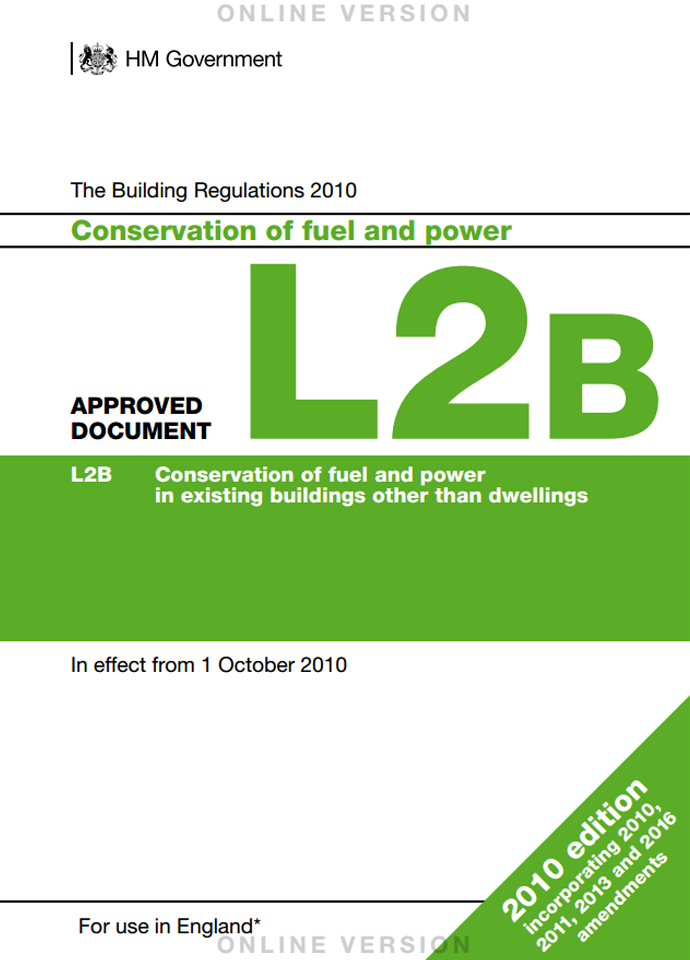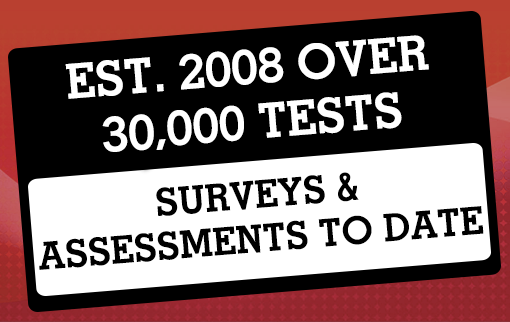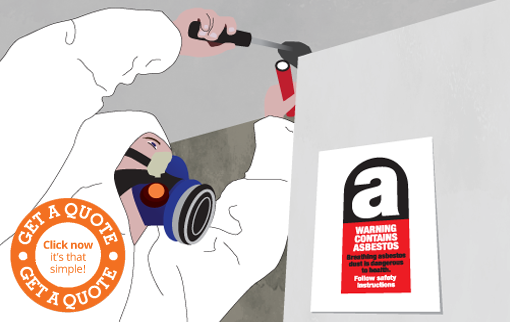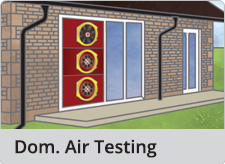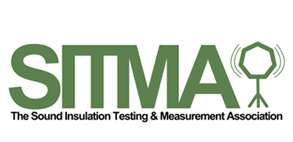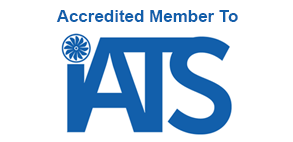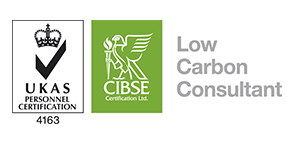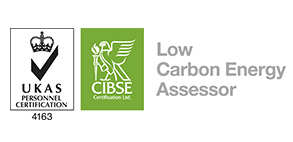Offices Nationwide

How loud is too loud?
Noise above 85 dBA over time will cause hearing loss. In general, the louder the noise, the less time required before hearing loss...more

Air Testing & Leakage
Our engineers use Thermal camera and extensive knowledge of buildings to help find leakage areas within the building and can advice of these.
Part L2B
Conservation of fuel and power

Norfolk - Commercial Asbestos Demolition Surveys - 01733 600 149
The office that covers this area is: Peterborough
The towns & cities that are covered within this county are:
Acle, Attleborough, Aylsham, Banham, Brancaster, Caister-on-Sea, Castle Rising, Cromer, Dereham, Diss, Downham Market, East Dereham, Fakenham, Great Yarmouth, Hamsby, Happisburgh, Heacham, Holt, Hunstanton, Kings's Lynn, Little Walsingham, Long Stratton, Melton Constable, Mundesley, North Walsham, Norwich, Sandringham, Sheringham, Slaithwaite, Snettisham, Swaffham, Thetford, Walsingham, Watton, Wells next the Sea, Wroxham, Wymondham,
Phone Number: 01733 600 149 Email: norfolk@e2consultants.co.uk
Asbestos_Survey is sometimes referred to as Fire Risk Assessment, Fire Risk Assessment, Fire Safety, Fire Risk Assessment, Fire Risk Assessment.
What's Involved In An Asbestos Survey?
For a refurbishment/demolition, or type 3, survey, a more destruction method is used over a management survey, as the name suggests. One of our asbestos surveyors will use means such as drilling floor slabs or knocking through walls to access areas where planned work will be undertaken. This ensures that when the building is converted of knocked down that the next team in won't risk running into any asbestos that could be hazardous to their health and slow the project.
An asbestos management, or type 2, survey will have one of surveyors taken samples of suspected asbestos throughout a building before sending them off to a lab. Whilst at the property, each room and the materials used will be noted. If a room is locked or otherwise inaccessible this will be noted too as there will remain a possibility of asbestos within.
Asbestos Legislation
A risk assessment must be undertaking by employeers for employees when work is likely to involve asbestos. This should include a plan of how the work is to be carried out as well as outline, and provide solutions to, any asbestos-related issues that may occur. All information must be kept up-to-date and available to anyone who may work or disturb the asbestos containing material (ACM).
Under the Control of Asbestos Regulations 2012, it's the duty of the site owner of a commercial premise to identify and manage asbestos in and around the property.
Surveyor Qualifications
Each member of our asbestos team are holders of the BOHS (British Occupational Hygiene Society) P402 qualification - the statutory proficiency certificate in 'Building Surveys and Bulk Sampling for Asbestos'. Our experienced and professional consultants are here to help so if you have any queries please call us on 01733 600 149 or send your query to Asbestos-Survey@e2consultants.co.uk.
Our experienced asbestos team that covers Norfolk are qualified asbestos management, refurbishment and demolition surveyors for industrial, commercial and domestic buildings. We can also undertake a Commercial EPC at the same time to provide you with a cost-effective package deal where needed.
Where Can Asbestos Be Found?
- Toilet cisterns can contain asbestos-reinforced resin materials
- Insulation in floor and wall cavities, lofts and insulating boards
- Artex or similar decorative / textures coating on ceilings and sometimes walls
- External / internal wall panelling particularly around windows
- Water tanks can be made from asbestos cement and is often found in pre-1980 houses
- Flash Guards on fuse wires and panelling behind fuse boxes
- Sprayed fire insulation
- Floor tiles, mastics and sealants
- Pipe works, boilers, ducts and heat exchanges
What Is Asbestos?
There are 6 types of asbestos - but only 3 have been widely used in building materials: white (Chrysotile), brown (Amosite) and blue (Crocidolite). Strictly speaking blue is the most dangerous, followed by brown and then white.
The trade and use of asbestos has been restricted or banned in many jurisdictions in Norfolk. Asbestos is basically a set of six naturally occurring silicate minerals used for their desirable physical properties. Though mined from rock, when broken down it breaks apart into tiny fibres.
Our other services include:
Commercial Asbestos Demolition Surveys can also be known as:
Commercial Asbestos Management Survey, P402R Asbestos Survey, Asbestos Demolition Survey, Commercial Asbestos Refurbishment Survey, Commercial P402R Asbestos Survey, Commercial P402 Asbestos Survey, Commercial Asbestos Survey, Asbestos Survey, Asbestos Refurbishment Survey, Asbestos Management Survey, P402 Asbestos Survey,


Copyright 2025 E2 Specialist Consultants Limited
Company No. 06728970












